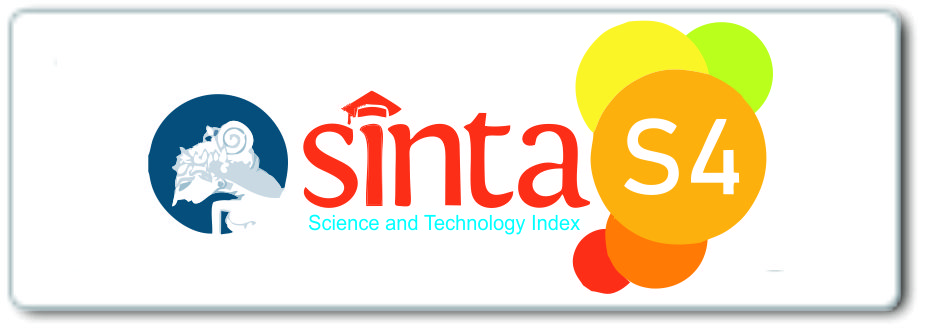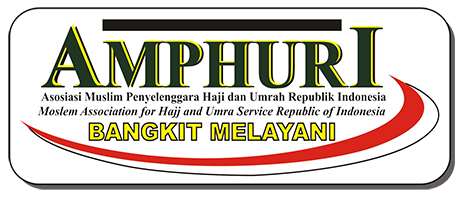ANALISIS KEBUTUHAN LULUSAN PERSPEKTIF STAKEHOLDER (STUDI KINERJA MAHASISWA PPL MANAJEMEN HAJI DAN UMROH)
DOI:
https://doi.org/10.32332/multazam.v4i1.9262Keywords:
Needs Analysis, Students, StakeholderAbstract
This research aims to analyze the needs of graduates of the Hajj and Umrah Management Study Program FEBI IAIN Metro Stakeholder Perspective (Performance Study of PPL Students in Hajj and Umrah Management). This research is a qualitative descriptive study. This type of research is field research. Primary primary data sources are FEBI IAIN Metro leaders, PPL students and stakeholder. Secondary data sources in this research are the IAIN Metro MHU Study Program profile, literature on needs analysis, documentation and research questionnaires. The results of this research state that 28.6% of stakeholder feel very satisfied, 42.9% rate them satisfied and 28.6% rate them quite satisfied with student performance, but there are several things that need to be improved, namely that learning must be adapted to world needs. work in general, learning activities that focus on character building and speaking skills (oral communication in English and Arabic in management and practical contexts). In addition, the lack of experts in the field of Hajj and Umrah can create a challenge as well as an opportunity for the Study Program to prepare graduates according to the needs of Hajj and Umrah stakeholder. The needs of graduates required by stakeholder in general must meet knowledge needs, professional needs, social needs, industrial needs and the needs of future generations (scientific vision aspect), always ready to serve from the heart in all conditions, and able to work well to improve the quality of service to the community or to prospective Hajj pilgrims. Furthermore, graduates of the Hajj and Umrah Management Study Program are also needed in the tourism sector and become skilled diplomats to bridge communication between countries.











